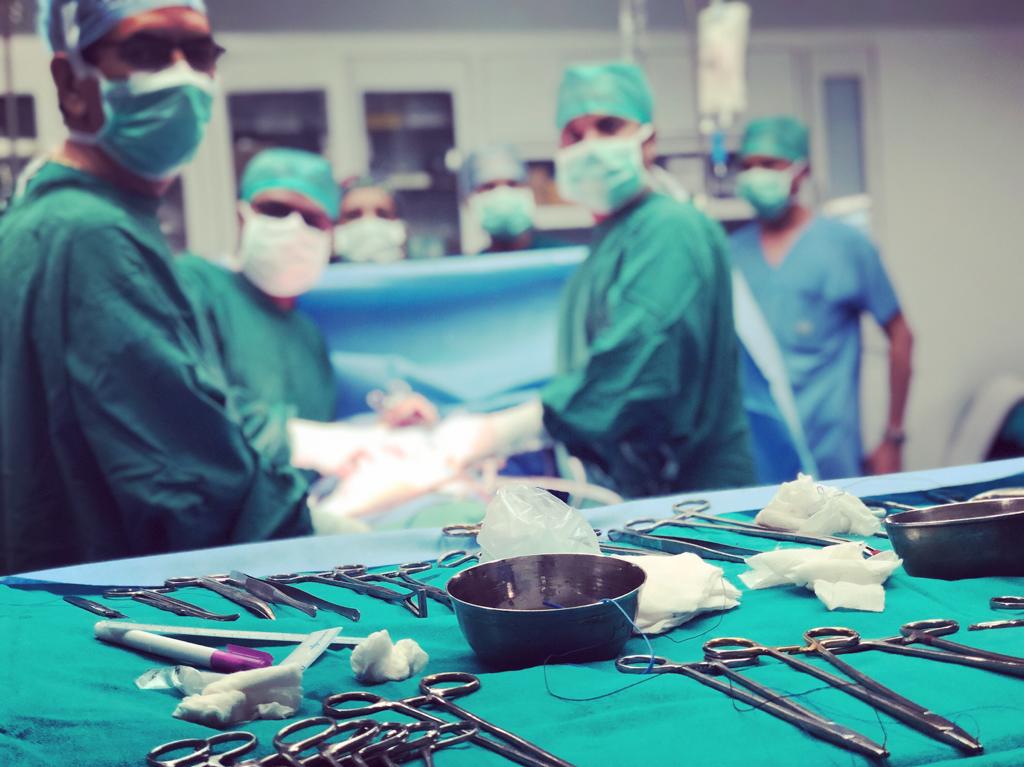COVID-19| In support of a #HealthyRecovery
On May 26, 2020, over 350 organisations representing over 40 million health professionals and over 4,500 individual health professionals from 90 different countries, wrote to the G20 leaders calling for a #HealthyRecovery.
The letter was initiated by the Global Climate and Health Alliance (of which Health Care Without Harm is one of the founding board members), the World Health Organization (WHO), and the campaign Every Breath Matters. It calls on G20 leaders to put public health at the core of COVID-19 economic recovery plans.
Health Care without Harm and our partners around the world are advocating for COVID19 recovery actions that include the reduction of air pollution and GHG emissions by reforming fossil fuel subsidies, scaling up renewable energy, and ramping up public transportation.
Health professionals and their associations are invited to sign this urgent letter.

The letter
Health professionals stand united in support of a pragmatic, science-based approach to managing the COVID-19 pandemic. In that same spirit, we also stand united in support of a #HealthyRecovery from this crisis.
We have witnessed first hand how fragile communities can be when their health, food security and freedom to work are interrupted by a common threat. The layers of this ongoing tragedy are many, and magnified by inequality and underinvestment in public health systems. We have witnessed death, disease and mental distress at levels not seen for decades.
These effects could have been partially mitigated, or possibly even prevented by adequate investments in pandemic preparedness, public health and environmental stewardship. We must learn from these mistakes and come back stronger, healthier and more resilient.
Before COVID-19, air pollution – primarily from traffic, inefficient residential energy use for cooking and heating, coal-fired power plants, the burning of solid waste, and agriculture practices – was already weakening our bodies. It increases the risk of developing, and the severity of: pneumonia, chronic obstructive pulmonary disease, lung cancer, heart disease and strokes, leading to seven million premature deaths each year. Air pollution also causes adverse pregnancy outcomes like low birth weight and asthma, putting further strain on our health care systems.
A truly healthy recovery will not allow pollution to continue to cloud the air we breathe and the water we drink. It will not permit unabated climate change and deforestation, potentially unleashing new health threats upon vulnerable populations.
In a healthy economy and civil society the most vulnerable among us are looked after. Workers have access to well-paying jobs that do not exacerbate pollution or nature degradation; cities prioritise pedestrians, cyclists and public transport, and our rivers and skies are protected and clean. Nature is thriving, our bodies are more resilient to infectious diseases, and nobody is pushed into poverty because of healthcare costs.
To achieve that healthy economy, we must use smarter incentives and disincentives in the service of a healthier, more resilient society. If governments were to make major reforms to current fossil fuel subsidies, shifting the majority towards the production of clean renewable energy, our air would be cleaner and climate emissions massively reduced, powering an economic recovery that would spur global GDP gains of almost 100 trillion US dollars between now and 2050.
As you direct your attention to the post-COVID response, we ask that your chief medical officer and chief scientific advisor are directly involved in the production of all economic stimulus packages, report on the short- and long-term public health repercussions that these may have, and give their stamp of approval.
The enormous investments your governments will make over the coming months in key sectors like health care, transport, energy and agriculture must have health protection and promotion embedded at their core.
What the world needs now is a #HealthyRecovery. Your stimulus plans must be a prescription for just that.
Yours sincerely,
Over 350 organisations representing over 40 million health professionals, and over 4,500 individual health professionals, from 90 different countries.
Read more
